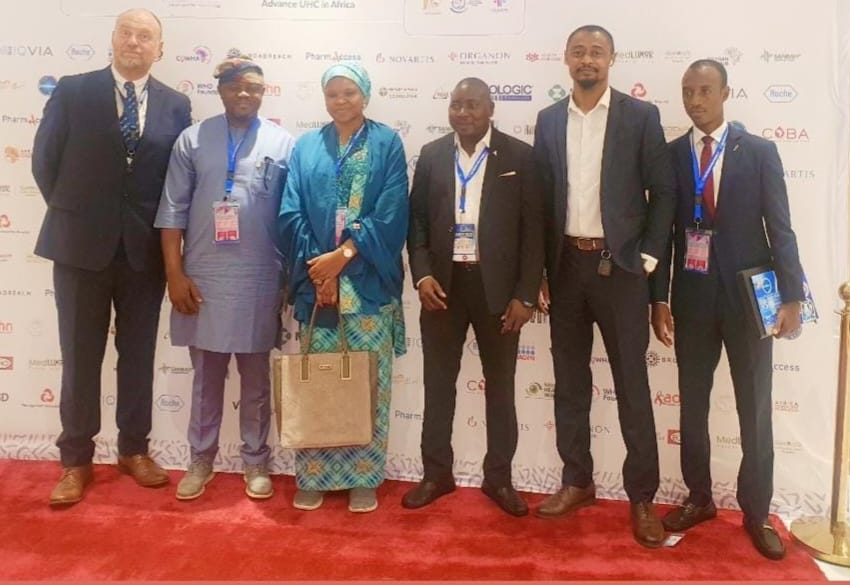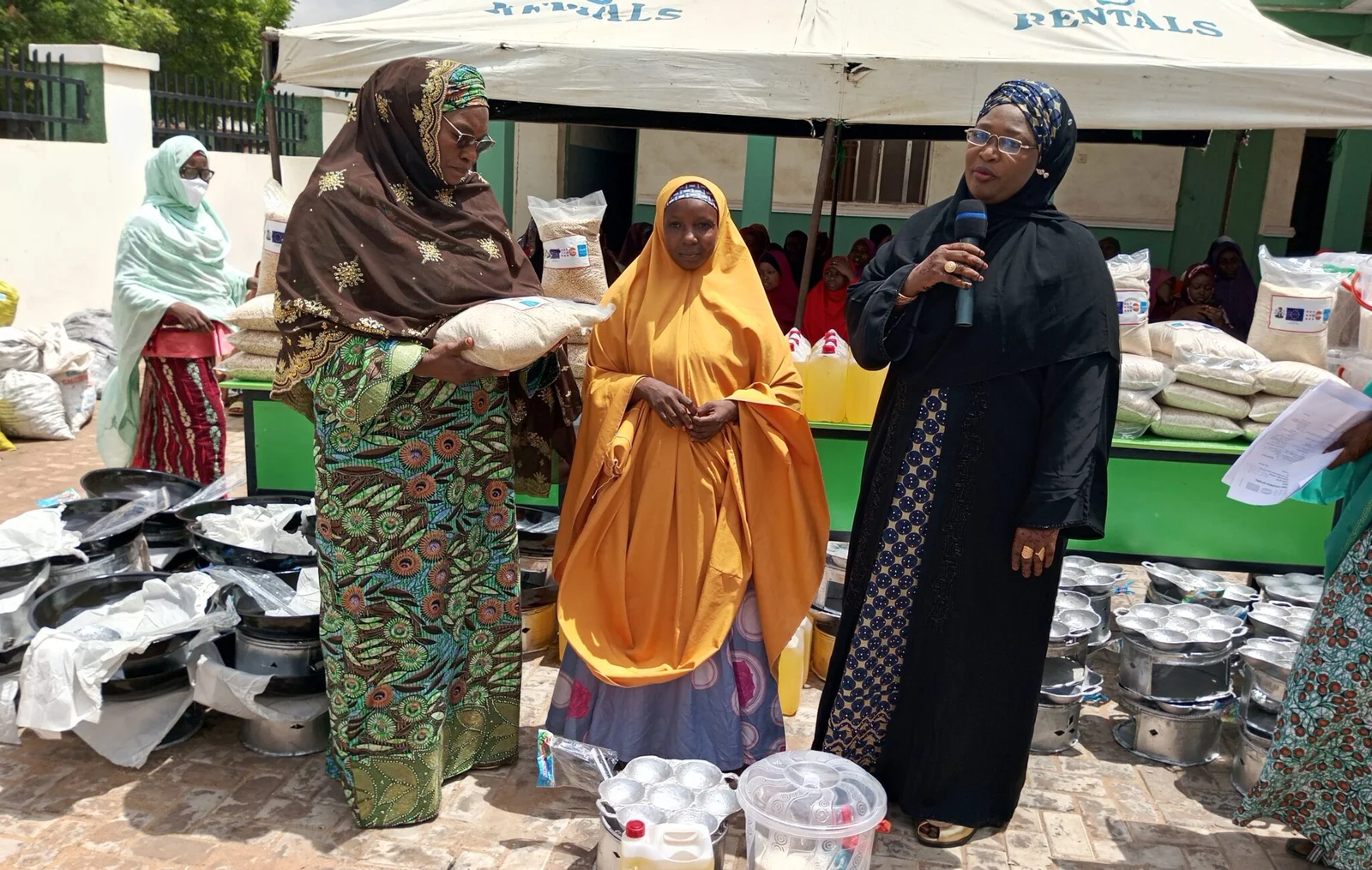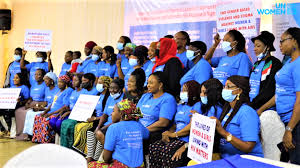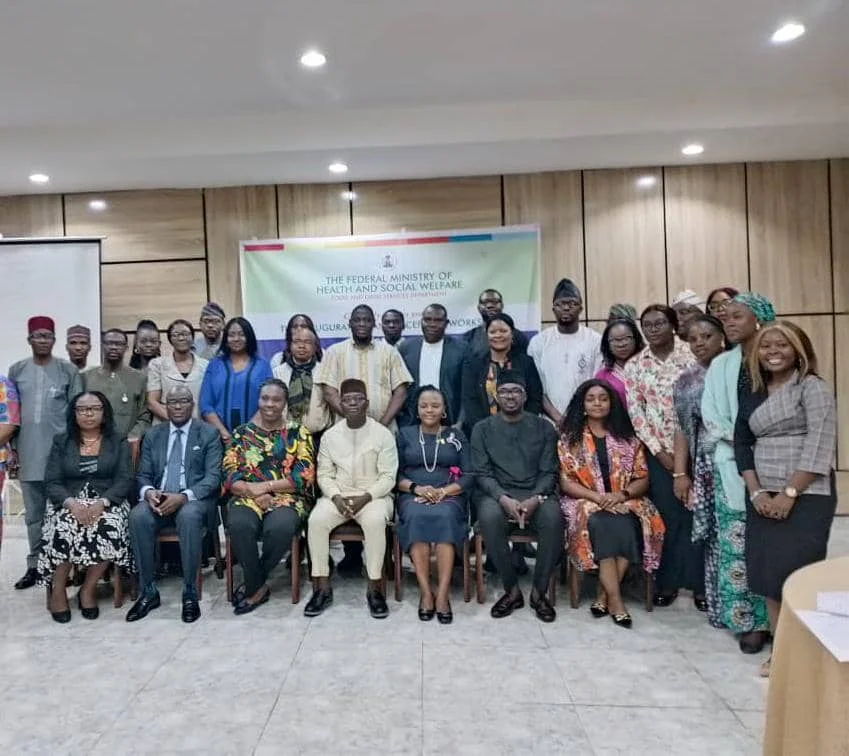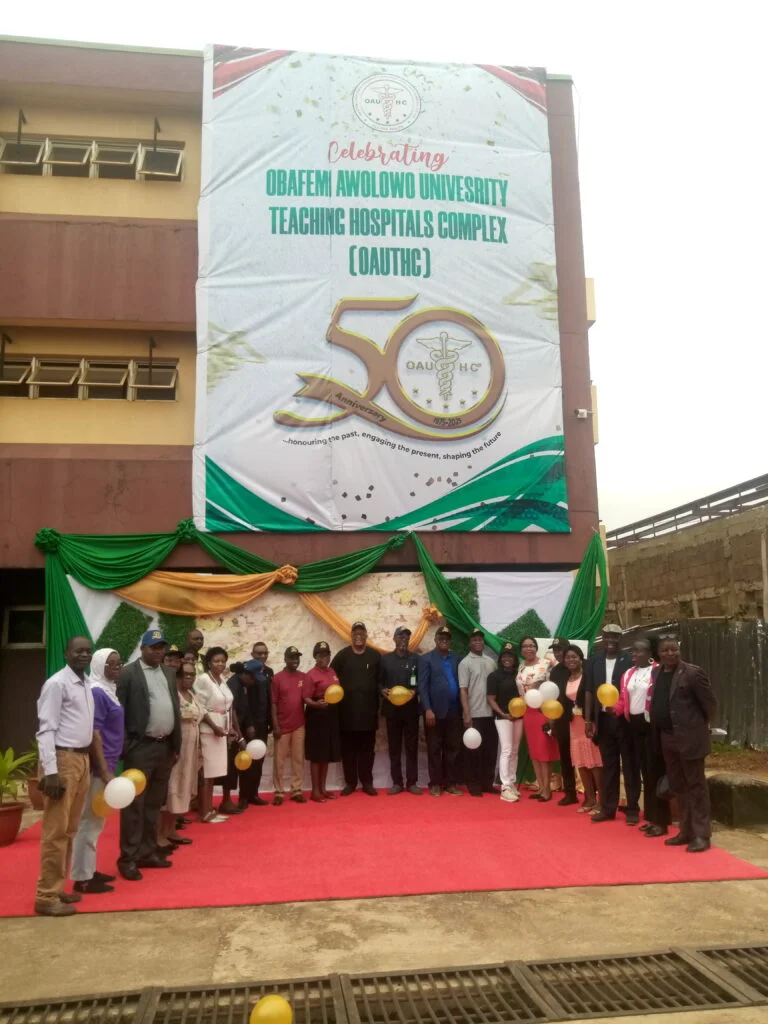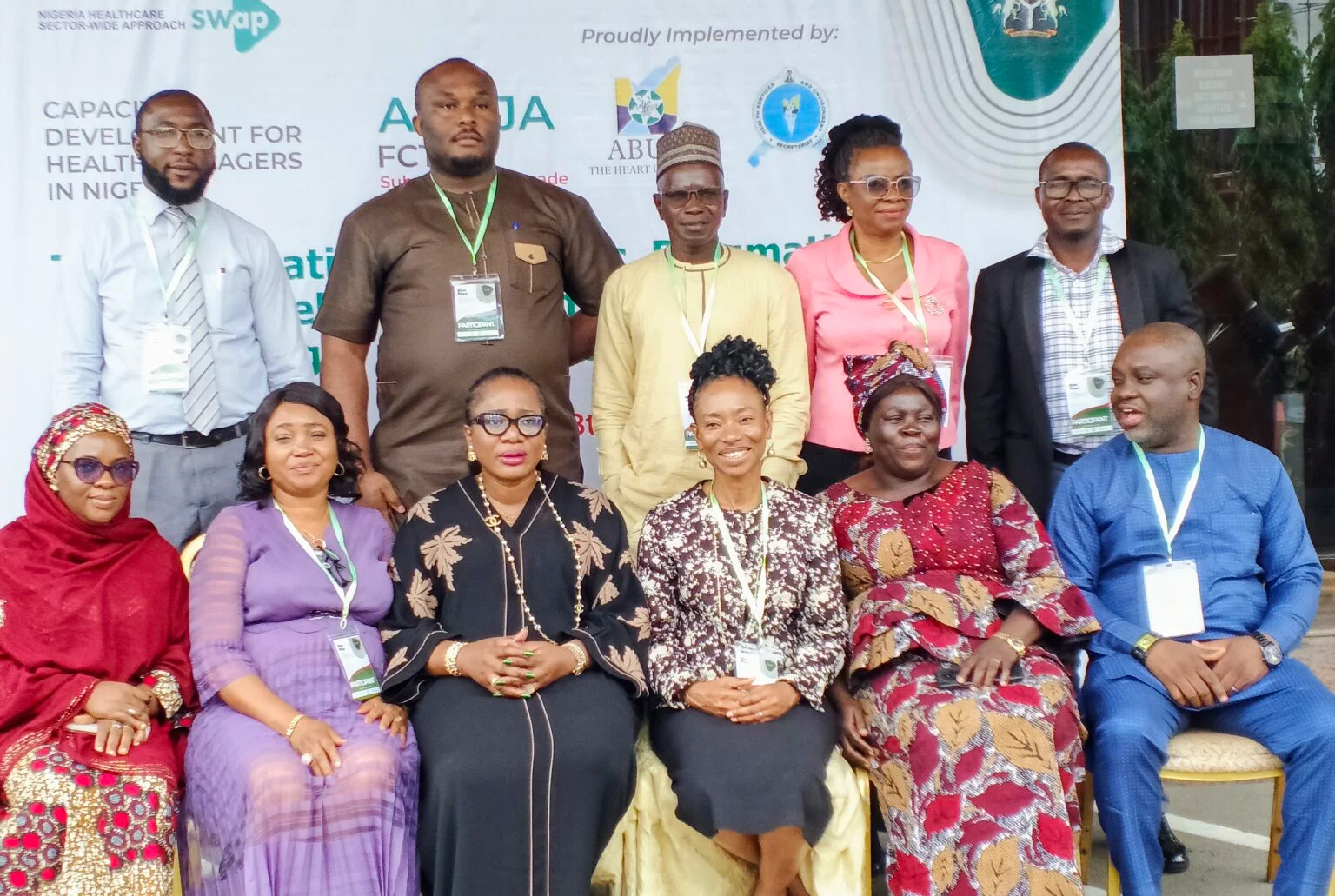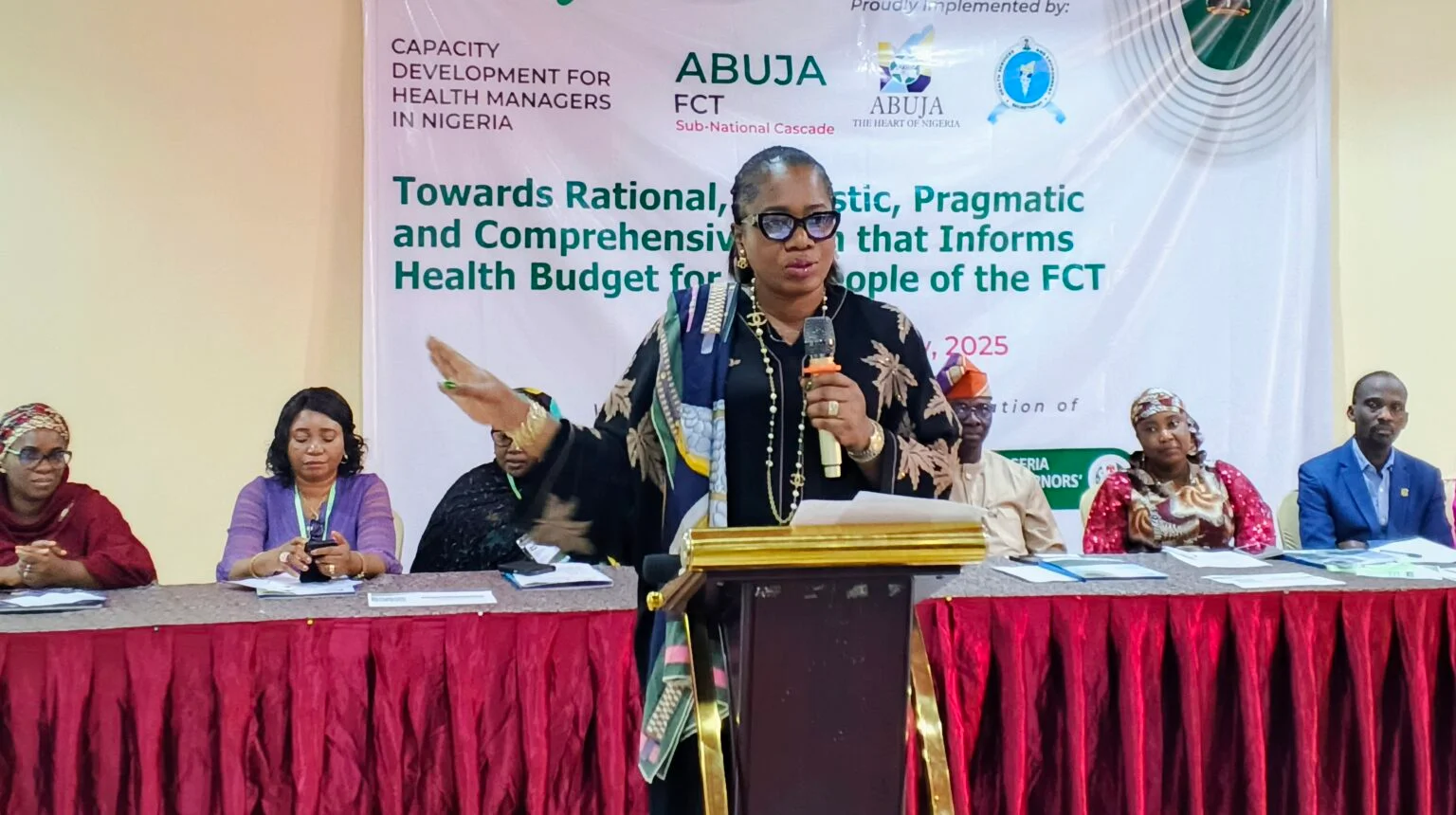Cancer care: Group calls for robust global collaborative effort
By Aderogba George/Angela Atabo
A group, The European Connected Health Alliance (ECHAlliance), has highlighted the importance of collaborative efforts in providing cancer care globally.
According to ECHAlliance, partnerships between healthcare stakeholders, policymakers and technology providers are crucial in improving cancer diagnosis, treatment and patient outcomes.
The Communications Director, ECHAlliance, Mr Andy Bleaden, made the call at the launch of the 87th ECHAlliance Ecosystem and ECHAlliance Health Ecosystem gathering in Abuja.
According to him, cancer care is not a case across Africa alone but also across Europe, so Nigeria is not necessarily in a worse position.
He said the theme of the launch: “Connecting the Dots – Innovation and Cancer Care” was aimed at creating an ecosystem of stakeholders.
Bleaden noted that this ecosystem included policy makers, cancer patients and survivors, eminent health experts, scientists, researchers, banks, insurance companies, among others.
He called for focus on public health information, while commending Nigeria’s efforts in that aspect.
“The very strong message here is that there is a great focus on public health information which I don’t see in other countries.
“That was why I was attracted over two years ago to ensuring that we bring the Voice of Nigeria into the Global Health Connection.
“This is because what happens here in Nigeria is very different. So, there’s a strong ability in Nigeria to use public health campaigns that I don’t see in the UK, I don’t see in the U.S.
“The effect of what is happening here is making an impact from the public health campaigns that we have seen so far,” he said.
Bleaden added that those public health campaigns were resulting in knowledge and awareness of cancer screening, and an ability to be able to access cancer screening sooner when people are at the earlier stages of cancer.
The Convener of the meeting, Dr Hannatu Usman, a Consultant Radiation and Clinical Oncologist, said that the aim of the meeting was to grow the Nigerian version of the ECHAlliance to assist patients.
Usman said that it was also to drive collaborations and progressive development for the different sectors and different thematic areas that the ECHAlliance covered.
She explained that the meeting was geared towards looking at future areas to explore and how to unlock innovative funding for cancer patients and survivors.
“Our patients are going through a lot. The financial burden is a great deal. We have a lot of barriers, cancer disparities, health inequities that our cancer patients and survivors face.
“We have the Cancer Health Fund, but we are looking for other areas, and that’s why we are calling out to philanthropists, we are calling out to different agencies that will see the human face of cancer and support.”
She said the group was working to bridge barriers preventing cancer patients from accessing treatment.
She added that the group was collaborating with different medical centres in Nigerian states to bring access to cancer patients and survivors who had no hope and support of seeing an oncologist at the grassroots.
Also speaking, Prof. Usman Aliyu, Director-General, National Institute for Cancer Research and Treatment (NICRAT), said that radiotherapy machines were needed in hospitals.
Aliyu, represented by the Director, Clinical Service, Prof. Musa Ali-Gombe, said that to resolve the challenge for machines, NICRAT would, this year and for the first time, deploy PET-CT scanners to six centres across the country.
He added that a cyclotron owned by the government would also be deployed to hospitals.
Aliyu stressed that this had never happened in Nigeria, adding that the only PET scanner that had been available in the country previously were cyclotrons in the private sector.
“The organisation is also collaborating with institutions, both locally and internationally, to actually have local researches and local Nigerian data, especially in clinical trials,” he said.
The Founder of The Mandate Health Empowerment Initiative and a Global Mental Health Advocate, Ameh Abba, called for the integration of mental health interventions into cancer care.
Ameh noted that this was a matter of urgency, equity, and dignity because more than one-in-three cancer patients experienced clinical depression, anxiety, PTSD symptoms, and even suicidal ideation conditions.
He stressed that these conditions were worsened by stigma, limited mental health services and cultural silence in Nigeria. (NAN)(www.nannews.ng)
Edited by Christiana Fadare



